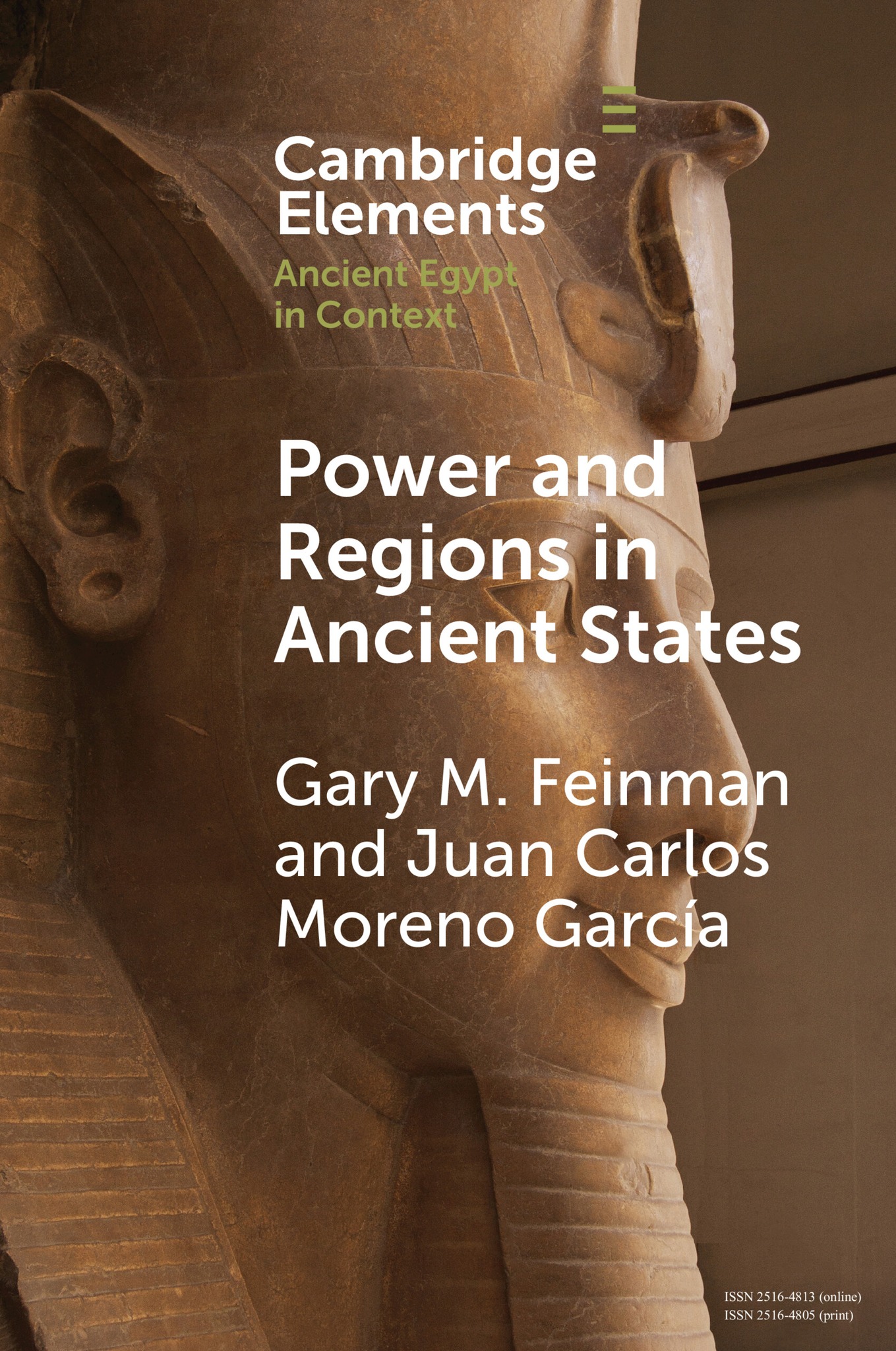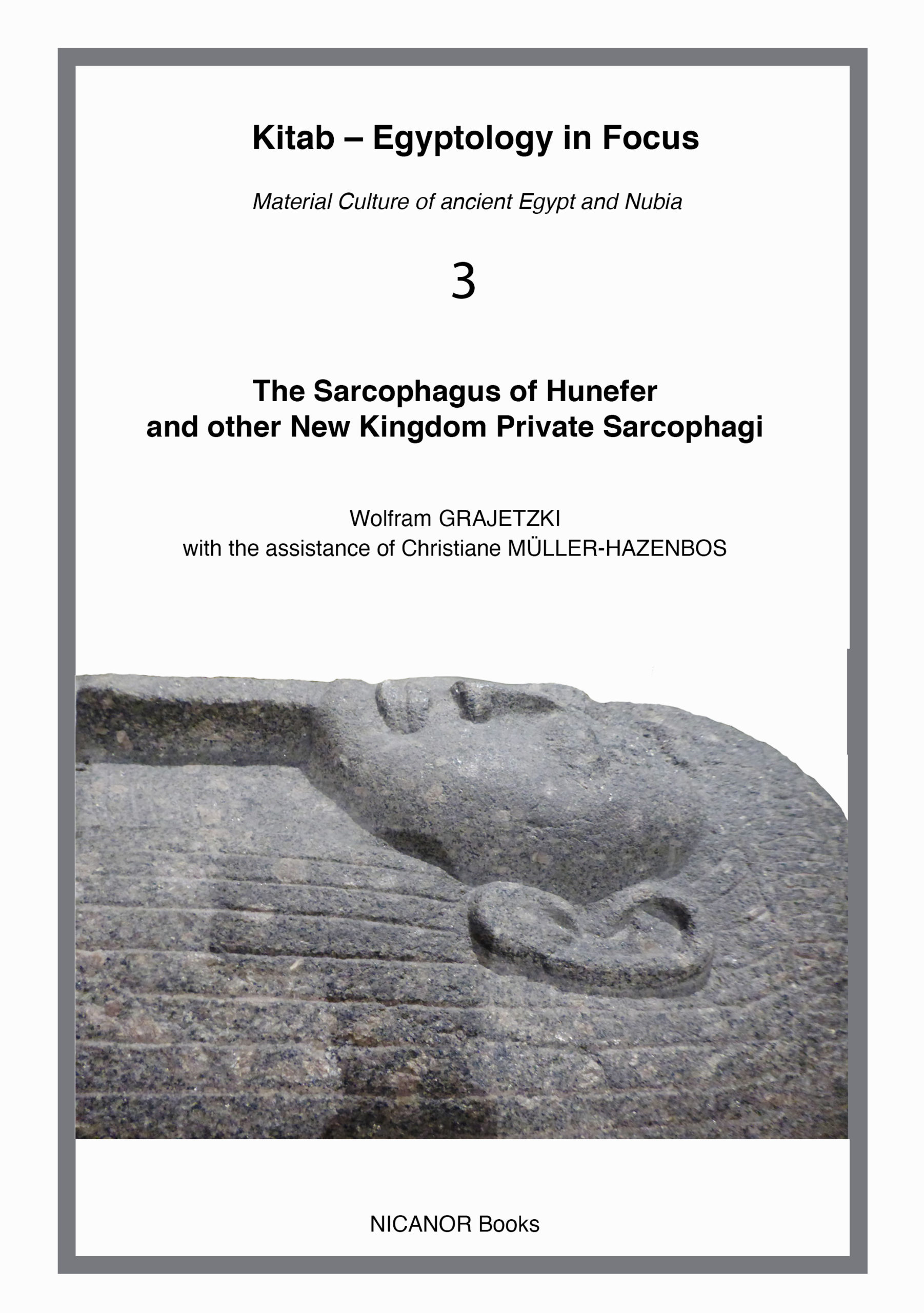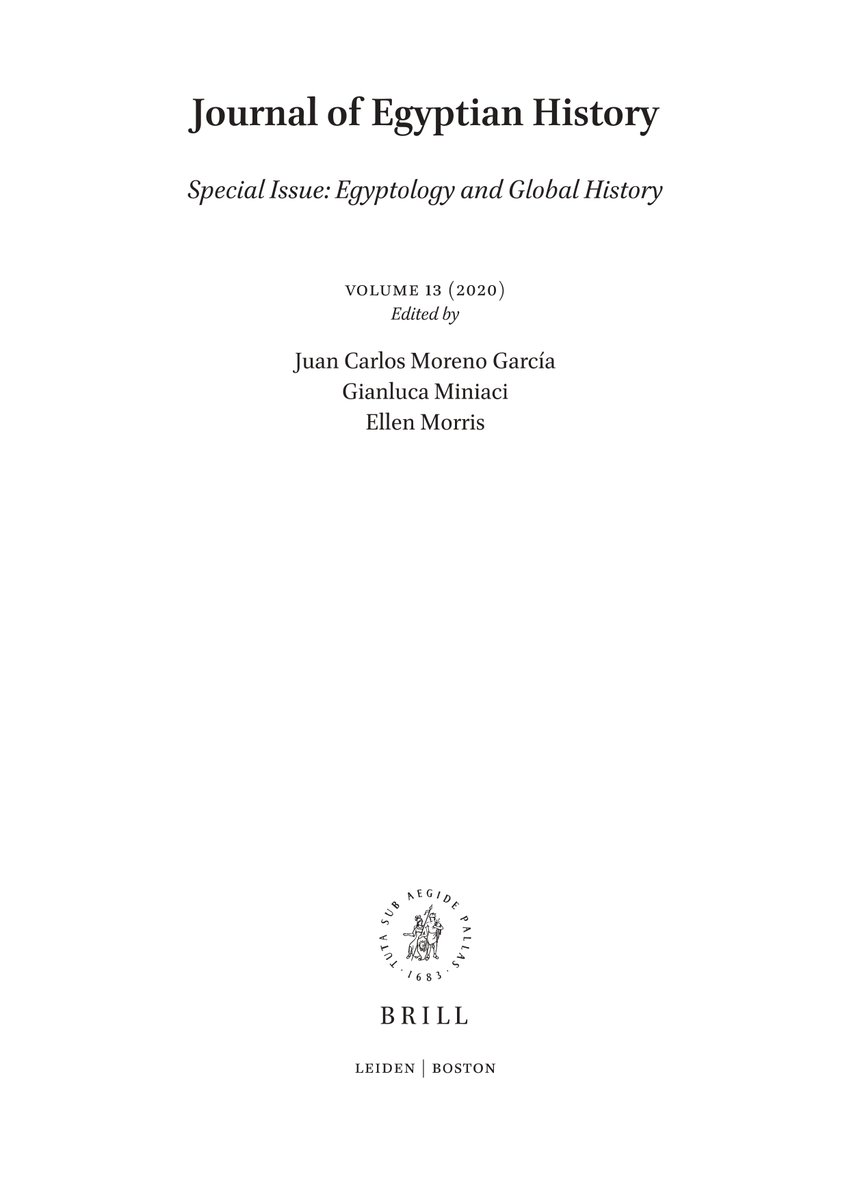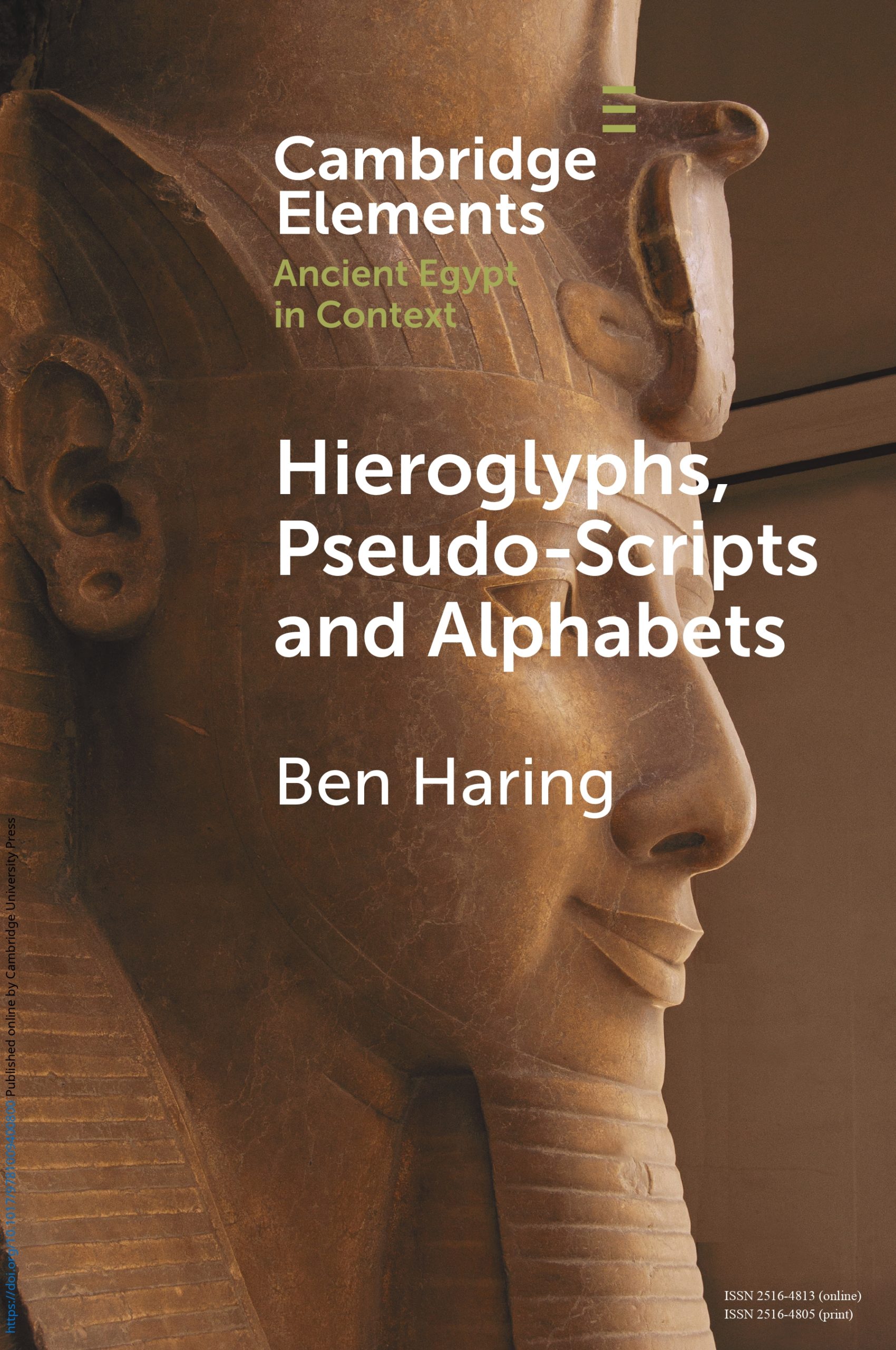
Ben Haring, “Hieroglyphs, Pseudo-Scripts and Alphabets”
Ben Haring, Hieroglyphs, Pseudo-Scripts and Alphabets. Their Use and Reception in Ancient Egypt and Neighbouring Regions (Ancient Egypt in Context 14)
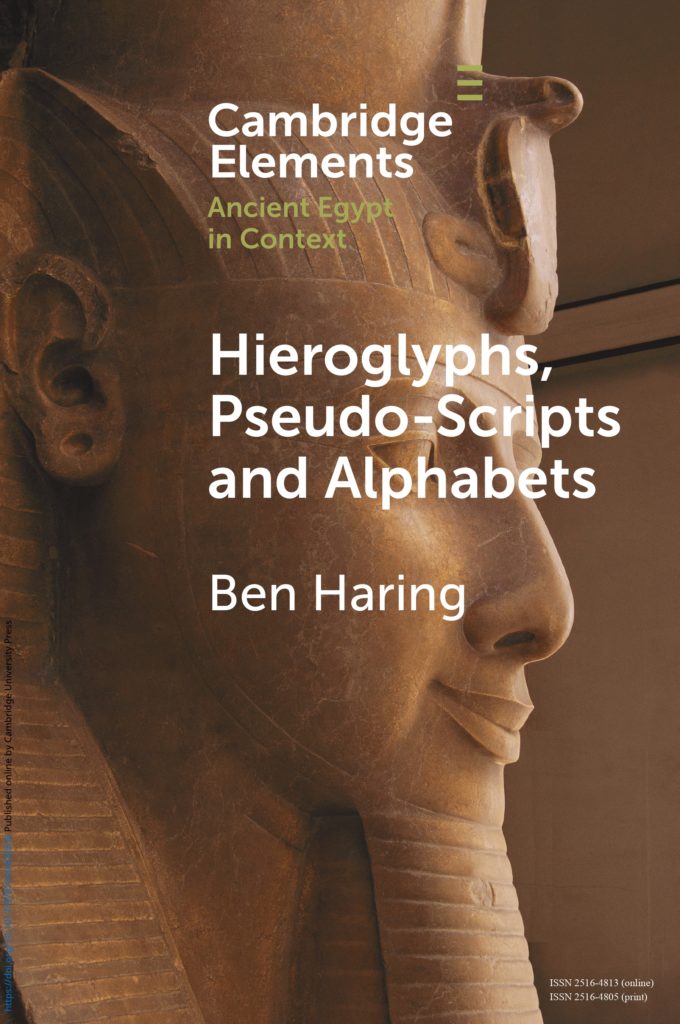
The Egyptian hieroglyphic script was exceptionally versatile, as becomes clear when studying its multiple uses both within Ancient Egypt and beyond its borders. Even the few cases discussed in this Element demonstrate that in the ancient world hieroglyphs appealed to a wide readership, which ranged from highly accomplished scribes, artists and priests, to semi-literate workmen, as well as to speakers of non-Egyptian languages. Creative processes within these different groups resulted in very different adaptations of regular hieroglyphic writing: highly specialized enigmatic compositions, less informed ad hoc orthographies, isolated uses of hieroglyphs as marks and emblems, and the development of new writing systems. Important reasons for the wide appeal and deep impact of hieroglyphic writing are the iconicity and cultural messages of its individual signs on the one hand, and its remarkable semiotic strategies in rendering human language on the other.
